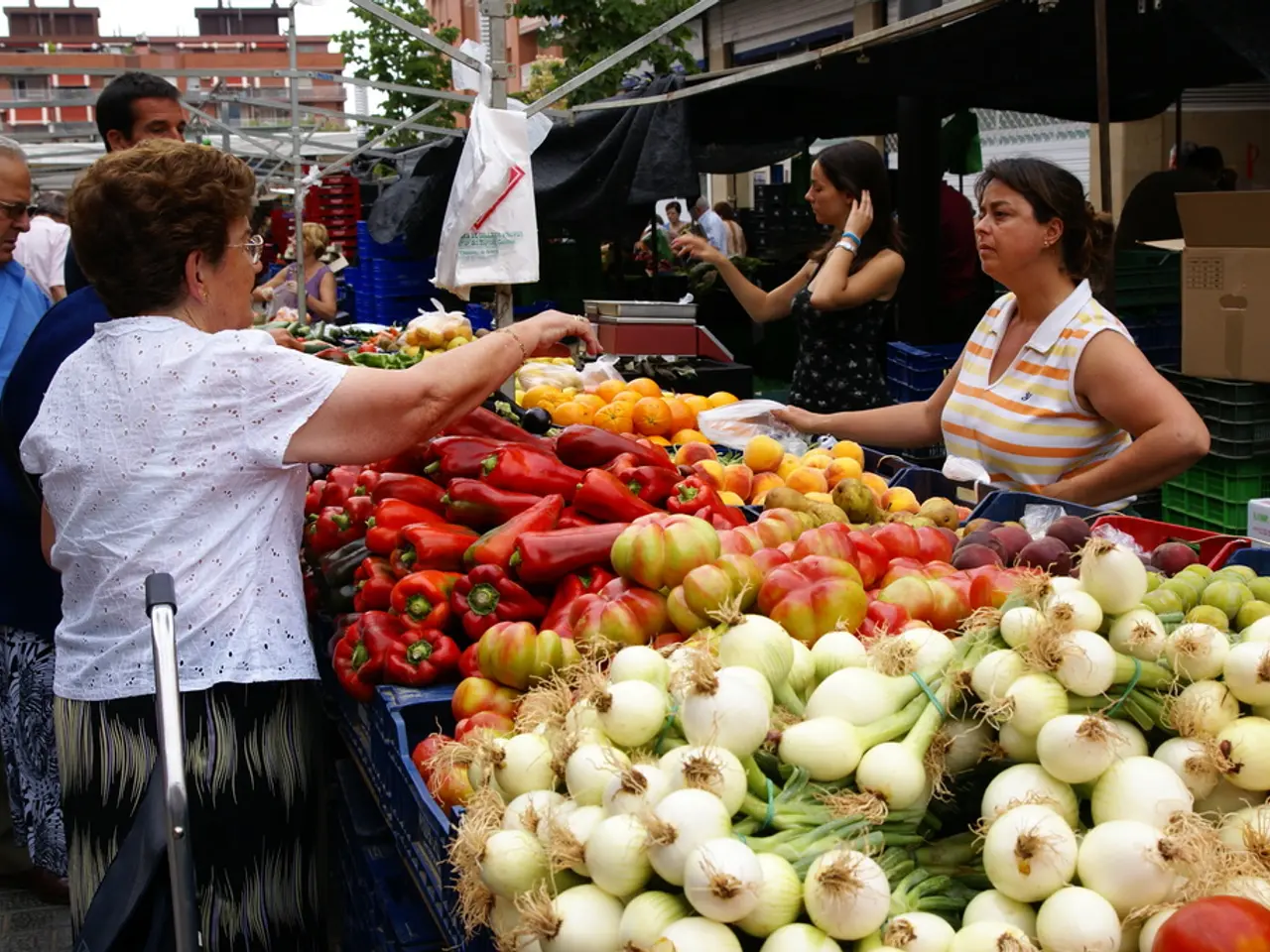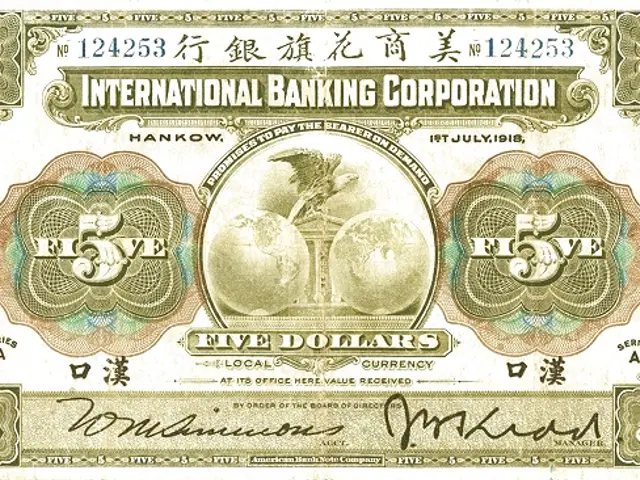International Agreement to Combat Plastic Pollution: The UN Convention against Plastic Waste
The United Nations Environment Assembly's quest to curb plastic pollution has hit a roadblock, with negotiations for a final legally binding treaty failing to materialise as of August 2025 [2][3]. The initial goal was to agree on an international treaty by the end of 2024, but progress has been slow.
This impasse is largely due to intense lobbying and political disagreements between various interest groups. Fossil fuel and petrochemical industry lobbyists have exerted significant influence, outnumbering environmental scientists and activists [1][3]. These industries seek a weak agreement that allows the unrestricted production of plastics, prioritising profit over environmental and human health.
Some countries, particularly oil- and plastic-producing nations, have blocked binding targets to limit plastic production, opposing measures that would curb the growth of the plastics industry [3][5]. There are disagreements on whether to include limits on plastic production or focus mainly on recycling infrastructure and managing waste. Some countries have even tried to remove or weaken references to human health impacts from the treaty, despite scientific evidence linking plastics and associated chemicals to serious health problems [2][4][5].
Procedural delays and challenges to basic definitions, such as what constitutes plastic or microplastics, have also slowed progress. Some delegations have pushed to exclude plastics production from the treaty's scope entirely [4].
Environmental and Indigenous groups criticise the process for allowing extractive industries disproportionate influence and for marginalising the voices of communities most affected by plastic pollution. They demand a strong, legally binding treaty that addresses the full life cycle of plastics—from production to disposal—and protects human health and the environment [1][3][5].
Even oil-producing Saudi Arabia, which has long opposed production limitation, has criticised the text. The treaty's mandate covers the entire lifecycle of plastic, from production to design to disposal. The root of the criticism is that the relentless production of plastic is being ignored in the new draft agreement. The quantities of plastic produced are not sustainable, and the ever-increasing addition of plastic must find limits.
More than 120 countries support the demand to limit the use and production of plastic to a sustainable level. The EU Environment Commissioner Roswall stated that while they like plastic, they don't like plastic pollution and aim to end it. Ambitious countries like Germany and the EU aim to produce less, reuse and recycle plastic products, and dispose of the remainder in an environmentally friendly manner.
Graham Forbes, head of the Greenpeace delegation, called the new draft agreement a "gift to the petrochemical industry" and a "betrayal of humanity." The representative of the United Kingdom stated that a lowest common denominator agreement is not an option.
Negotiations remain unresolved, with further talks planned in the future [2]. The problem of international plastic pollution is colossal, according to Jochen Flasbarth, State Secretary in the German Federal Ministry for the Environment. It is hoped that future discussions will lead to a consensus that prioritises the health of our planet and its inhabitants over corporate profits.
Read also:
- Germany's three-month tenure under Merz's administration feels significantly extended
- Governing body allegedly persists in enjoying vacation time amidst Spain's highest danger level due to fires, claims Feijóo
- United Nations Human Rights Evaluation, Session 45: United Kingdom's Statement Regarding Mauritius' Human Rights Record
- Hurricane-potential storm Erin forms, poised to become the first hurricane in the Atlantic Ocean this year.








